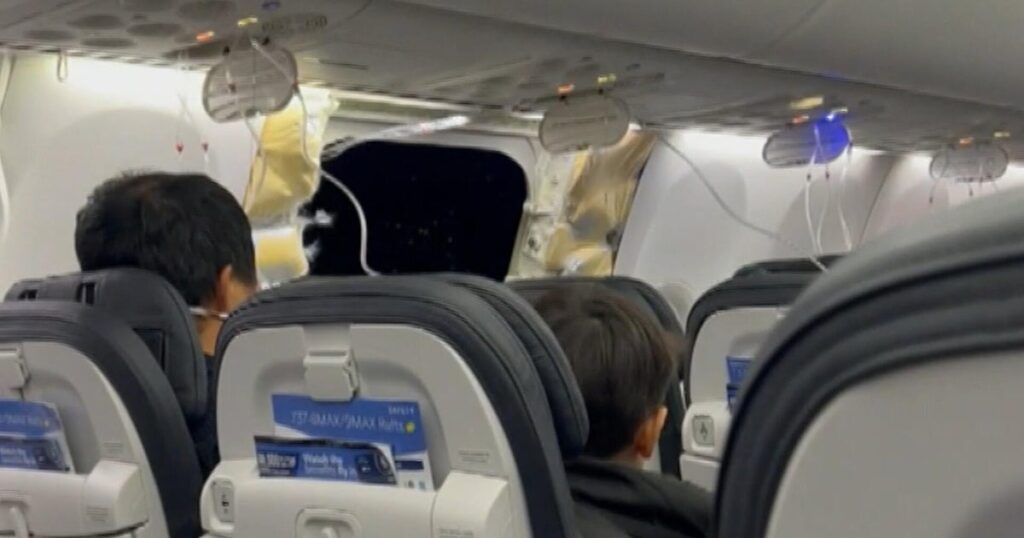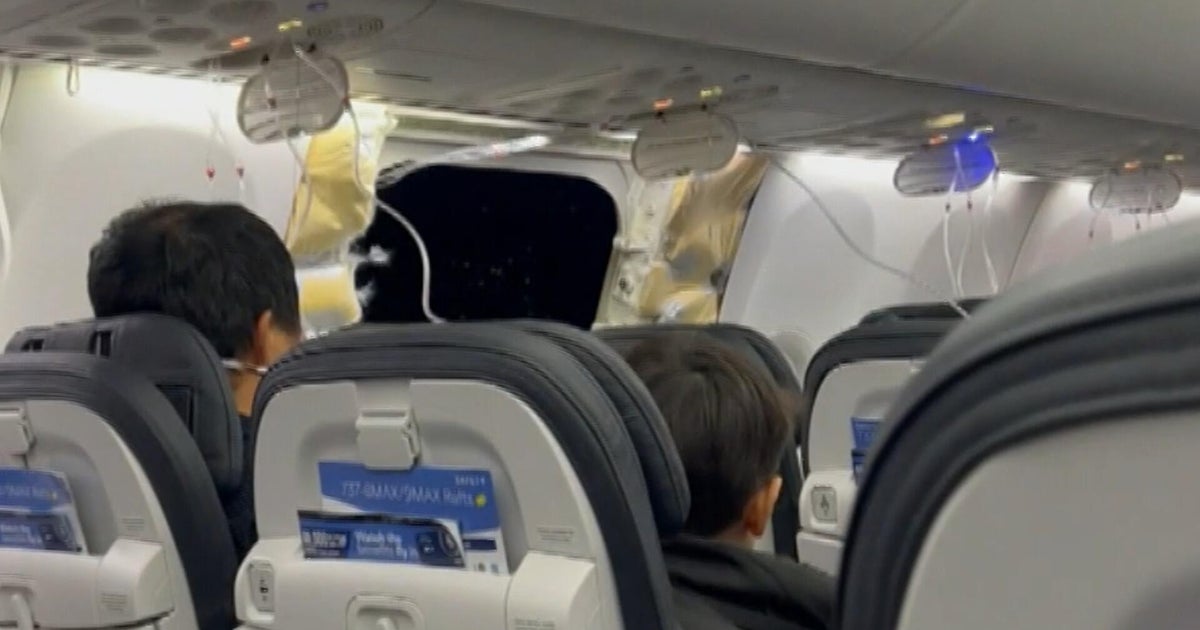NTSB says Boeing, FAA share blame for door plug flying off Alaska Airlines flight
NTSB says Boeing, FAA share blame for door plug flying off Alaska Airlines flight

The National Transportation Safety Board says Boeing and the FAA both share blame for a harrowing incident last year when a door plug blew out on an Alaska Airlines flight at 16,000 feet. Kris Van Cleave has more on what investigators found.
Read the full article on CBS US
Truth Analysis
Analysis Summary:
The article is mostly accurate, stating the NTSB's finding that Boeing and the FAA share blame for the Alaska Airlines door plug incident. This is supported by multiple sources. There is a slight bias towards highlighting the negative aspects of the incident and the blame assigned to Boeing and the FAA.
Detailed Analysis:
- Claim:** NTSB says Boeing and the FAA both share blame for a harrowing incident last year when a door plug blew out on an Alaska Airlines flight at 16,000 feet.
- Verification Source #2: Supports this claim, stating "The blame for a horrifying mid-flight blowout of a door plug on an Alaska Airlines flight last year is shared by plane..."
- Verification Source #5: Supports this claim, stating "NTSB criticizes both Boeing and FAA for terrifying Alaska Airlines door plug incident..."
- Verification Source #1: Supports the claim by stating "NTSB blames Boeing in 737 Max door plug blowout".
- Verification Source #3: Supports the claim by mentioning NTSB Chair Jennifer Homendy saying, “I have lots of questions where the FAA was during all of this."
- Verification Source #4: *Fails to cover* this specific claim, focusing on missing paperwork.
Supporting Evidence/Contradictions:
- Multiple sources (Verification Source #1, #2, #3, #5) agree that the NTSB is assigning blame to both Boeing and the FAA for the Alaska Airlines door plug incident.
- Verification Source #1 mentions that even one of the four bolts could have prevented the door plug blowout.
- Verification Source #4 focuses on missing paperwork, which is related to the incident but doesn't directly confirm or contradict the main claim about shared blame.

